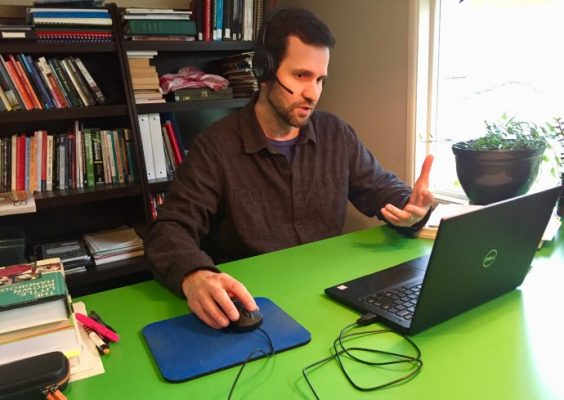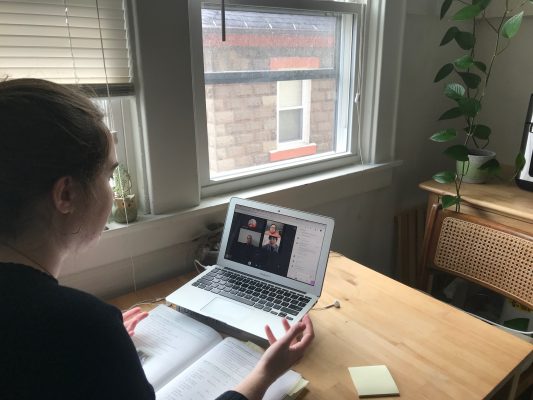Office of Community Engagement Hosts Events to Combat Food Insecurity
Recognizing that hunger impacts a growing number of Central New York families, the University’s Office of Community Engagement is partnering with the Salvation Army and other local organizations through its Food Insecurity Awareness Initiative to help families access the nutrition…



